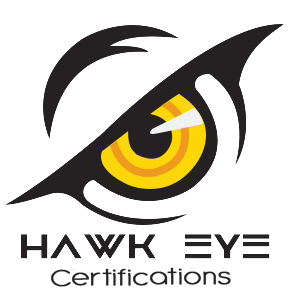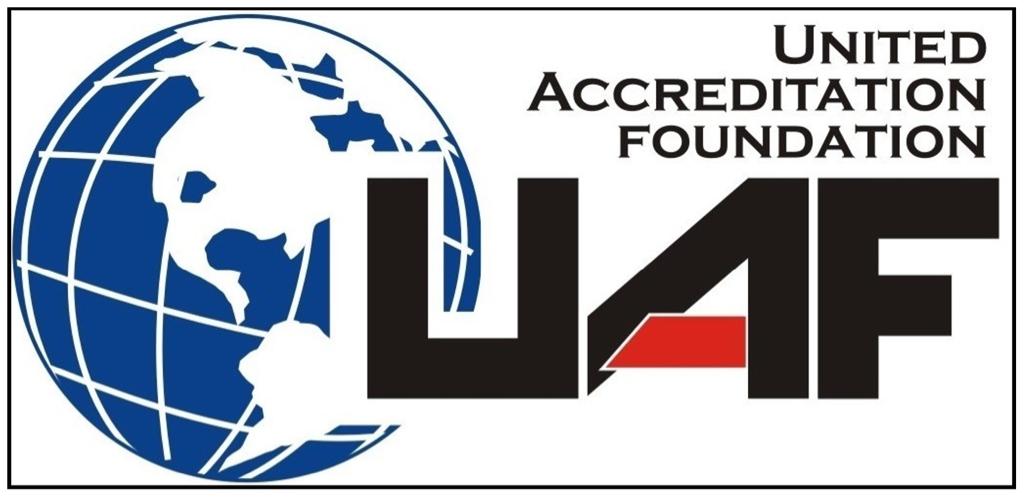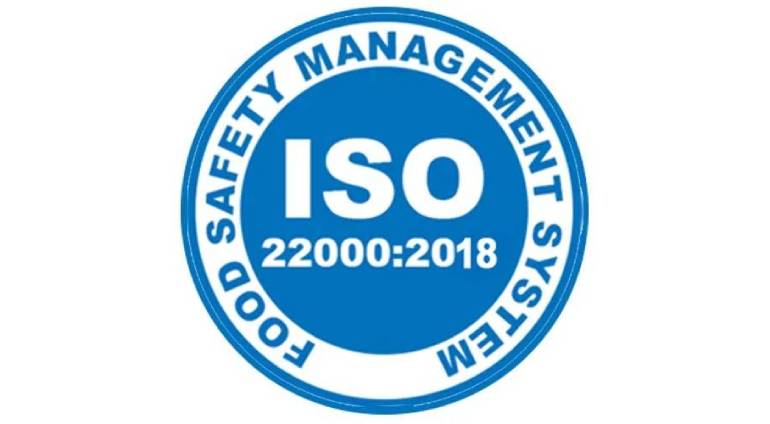ISO 22000:2018(FSMS)
FSMS is the management system dealing with food safety. Food
product life cycle is the object of FSMS starting from raw material purchase,
product manufacturing, preserving, distribution & consumption. It is a
systematic approach to identify the specific hazard its effective control &
monitoring.
ISO 22000:2018
(FSMS): Safeguarding Food Safety with the Hawk Eye
In a world where food safety is of paramount importance,
organizations in the food industry are increasingly turning to international
standards for guidance. ISO 22000:2018, the Food Safety Management System
(FSMS), is a globally recognized standard that provides a comprehensive
framework for ensuring food safety from farm to fork. In this detailed guide,
we will explore ISO 22000:2018, with a special focus on The Hawk Eye's
expertise as ISO 22000 consultants in
India.
Understanding ISO
22000:2018 (FSMS)
ISO 22000:2018 is an international standard that outlines
the requirements for a Food Safety Management System (FSMS). The primary goal
of this standard is to ensure food safety by managing risks throughout the food
supply chain, from primary production to the end consumer. ISO 22000:2018 is a
versatile standard that can be applied to various organizations in the food
industry, regardless of their size or position in the supply chain.
The Significance of
ISO 22000:2018
Food safety is a global concern, and consumers expect the
food they consume to be safe and free from contamination. ISO 22000:2018 helps
organizations in the food industry build a robust framework to partners.
ISO 22000 Consultants
in India: The Hawk Eye's Expertise
The Hawk Eye, as ISO 22000
consultants in India, brings a wealth of experience and knowledge to
the table. Here's how The Hawk Eye can assist organizations in India in their
ISO 22000:2018 journey:
1. Understanding Food
Safety Requirements
The Hawk Eye helps organizations comprehend the complex
landscape of food safety requirements and regulations in India. They provide
expert guidance on aligning business practices with ISO 22000:2018 standards.
2. Customized
Implementation Plans
Every organization is unique, and The Hawk Eye tailors
implementation plans to each client's specific needs. These plans include risk
assessments, the establishment of food safety teams, and the development of
necessary documentation.
3. Operationalizing
Food Safety Practices
The Hawk Eye assists in implementing food safety practices
at every level of the organization. This includes training employees, setting
up monitoring systems, and establishing controls to manage food safety risks.
4. Documentation and
Record-Keeping
Proper documentation is a crucial aspect of ISO 22000:2018
compliance. The Hawk Eye ensures that organizations maintain detailed records
of their food safety management system and operations to demonstrate
compliance.
5. Risk Assessment
and Mitigation
Identifying and mitigating risks is central to ISO
22000:2018. The Hawk Eye conducts thorough risk assessments and helps
organizations develop strategies for managing food safety risks effectively.
6. Internal Audits
and Reviews
Regular internal audits and reviews are essential to ensure
the ongoing effectiveness of the Food Safety Management System. The Hawk Eye
conducts these audits to identify areas that require improvement and ensure
compliance with ISO 22000:2018 standards.
7. Engaging
Accredited Certification Bodies
To achieve ISO 22000:2018 certification, organizations work
with accredited certification bodies. The Hawk Eye assists organizations in
finding reputable certification bodies to assess their FSMS and grant ISO
22000:2018 certification.
8. Continuous
Improvement
ISO 22000:2018 is not a one-time achievement but an ongoing
commitment to food safety. The Hawk Eye instills a culture of continuous improvement,
ensuring that organizations remain vigilant and responsive to evolving food
safety challenges.
The Benefits of ISO
22000:2018 Certification in India
ISO 22000:2018 certification offers a range of advantages to
organizations operating in India, including:
Enhanced Food Safety:
Certification ensures that food safety is a top priority, minimizing the risk
of contamination or foodborne illnesses.
Legal and Regulatory
Compliance: ISO 22000:2018 certification helps organizations adhere to
legal and regulatory requirements related to food safety in India and globally.
Consumer Trust:
Demonstrating a commitment to food safety builds consumer trust, enhancing an
organization's reputation.
Operational
Efficiency: The systematic approach to food safety outlined in ISO
22000:2018 enhances operational efficiency and responsiveness to food safety
risks.
Competitive
Advantage: Certification provides a competitive edge in the Indian food
industry, where food safety and quality are paramount.
Global Market Access:
ISO 22000:2018 certification opens doors to global markets, allowing organizations
to expand their reach.
Conclusion
ISO 22000:2018 is not just a standard; it's a commitment to
food safety that benefits consumers, organizations, and the entire food industry.
Achieving and maintaining ISO 22000:2018 certification in India with the
assistance of ISO 22000 consultants like The Hawk Eye is a strategic move to
ensure the safety of the food supply chain. It's a commitment to the well-being
of consumers, the growth of your business, and the trust of your partners. The
journey to ISO 22000:2018 certification is a significant step toward building a
robust and safe food industry in India.





